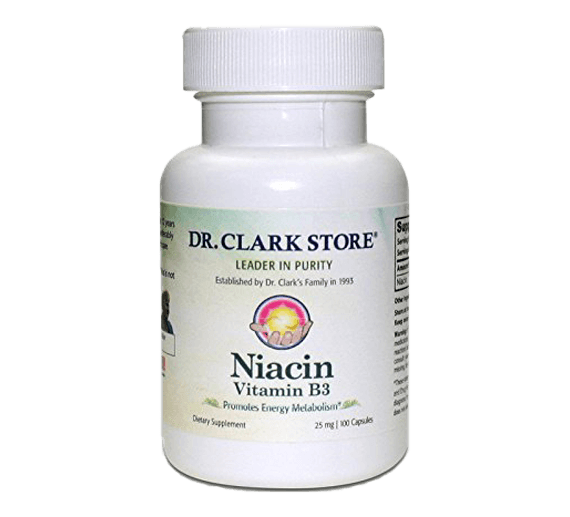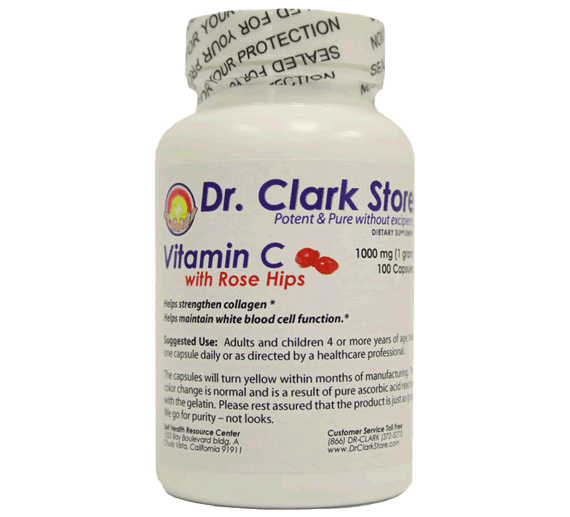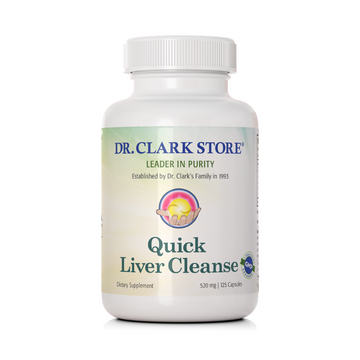Description
Product Description
Vitamin B3 (Niacin) helps the body utilize proteins, fats and carbohydrates for energy, and also supports nerve and skin health. Niacin may help the body’s efforts to lower cholesterol*. Niacin assists in the functioning of the digestive system, skin, and nerves.
Vitamin B3 (Niacin) helps the body utilize proteins, fats and carbohydrates for energy, and also supports nerve and skin health. Niacin may help the body’s efforts to lower cholesterol*. Niacin assists in the functioning of the digestive system, skin, and nerves.
Product Benefit
The eight vitamins that make up the B complex are water soluble, meaning the body does not store excess amounts, with the exception of vitamin B12, which is stored in the liver. Rather, unused B vitamins are excreted through urine. This means you need a continuous supply of the B vitamins from the diet.
*These statements have not been evaluated by the Food and Drug Administration. This product is not intended to diagnose, treat, cure, or prevent any disease.
Safety Information
As with any dietary or herbal supplement, you should advise your health care practitioner of the use of this product. If you have ulcers, gallstones or are nursing, pregnant, or considering pregnancy, you should consult your health care provider prior to taking this product.
Interaction with Medication and Other Supplements
If you are taking medications, you should check with your physician or pharmacist prior to using our products. You can also get drug interaction information from one of the many sites on the Internet. Search for: Interaction with Medications, Supplements.
Note Regarding Children
Please do personal research and consult with your health care professional before giving any herbs to children. The educational directions enclosed suggest a much lower quantity for children than for adults. It is important to read accompanying literature prior to using this product.
The use of this herbal supplement is a traditional nutritional use that is not intended to be prescribed for, or to treat any disease, and does not claim to cure any disease.
Consult with Your Healthcare Professional
Please do not use the directions as a substitute for the advice of your health care professional. We are not responsible or liable for any actions or diagnosis made by you based on the instructions. We encourage you to consult with your health care professional, do personal research, and check all our ingredients against a reference book before consuming this product.
Ingredients:
Ingredients
Vitamin B3 (Niacin) 25mg
Other Ingredients
Gelatin Capsules, Rice Flour
Suggested Use
Adults and children 12 and over, take 1 capsule daily or as directed by a health professional.
B vitamins are best taken with a meal. Without food, the vitamins are not well absorbed by the body and will simply pass through the digestive system unused. They are best taken in the morning or lunchtime, either with or immediately after a meal.
NOTE: Niacin may cause a hot flush, characterized by a reddening and warming of the skin. This is not dangerous and will pass.
Store at room temperature. Keep out of reach of children
Vitamin B Fact Sheet
Vitamin B Fact Sheet
Thiamine (B1)
Riboflavin (B2)
Niacin (B3)
Pantothenic Acid (B5)
Pyridoxine (B6)
Biotin (B7)
Folate (B9)
Cobalamin (B12)
The eight vitamins that make up the B complex are water soluble, meaning the body does not store excess amounts,
with the exception of vitamin B12, which is stored in the liver. Rather, unused B vitamins are excreted through urine.
This means you need a continuous supply on the B vitamins from the diet.
All B vitamins help to metabolize the foods we eat, with special consideration given to the conversion of ingested carbohydrates
into glucose, the body’s preferred method of fuel. The body burns this fuel to produce what we refer to as energy.
Some experts suggest vitamins B3 and B6 for better sleep. The B vitamins promote normal adrenal gland function.
If the adrenal glands are not working properly, wakefulness and insomnia may occur. Vitamin B3 increases
REM (rapid eye movement) sleep, which can decrease the number of times you wake during the night.
Vitamin B6 supports the production of serotonin, a neurotransmitter that can be converted to melatonin,
the hormone that helps to regulate the body’s sleep-wake cycle.
Some studies indicate that megadoses of vitamin B12, as methlycobalamin, may help to regulate the sleep-wake cycle.
The bottom line about B vitamins and sleep:
Whether or not B vitamins affects a person’s sleep is debatable. Each person’s vitamin needs vary.
Some experts suggest that the energy-producing effects of B vitamins may last throughout the night
when taken in the evening, thus interfering with your normal sleep cyle.
|
Vitamin |
Other Names |
Functions |
| Thiamine (B1) | Thiamin, aneurine | Promotes Energy Production* Nervous system function; muscle function; maintain flow of electrolytes in and out of cells; carbohydrate metabolism; production of hydrochloric acid |
| Riboflavin (B2) | Promotes Energy Production and Normal Metabolism* Carbohydrate, fat, and protein metabolism; immune system support; maintains healthy skin, hair, nails, and mucous membranes; antioxidant; red blood cell production | |
| Niacin (B3)* | Nicotinic acid, niacinamide, nicotinamide | Promotes General Blood Vessel & Circulatory Health* Digestive system support; nervous system function; carbohydrate metabolism; hormone production; promotes circulation |
| Pantothenic Acid (B5) | Promotes Energy Production and Nervous System Support* Carbohydrate, fat, and protein metabolism; nervous system function; red blood cell production; hormone production | |
| Pyridoxine (B6) | Pyridoxal, pyridoxamine | Promotes Nervous & Immune System Support* Makes antibodies to support immune system; healthy nerve function; makes hemoglobin; helps maintain blood sugar in normal range; protein metabolism; promotes normal brain development and function; hormone production; helps vitamin B12 absorption; red blood cell production; lowers homocysteine levels in blood |
| Biotin (B7) | Vitamin H | Promotes Healthy Hair & Nails* Carbohydrate, fat, and protein metabolism; strengthens hair and nails; important for normal embryonic growth in pregnant women |
| Folate(B9)** | Folic acid | Promotes Nervous System Support – Essential Before and During Pregnancy* Supports proper brain function with important role in mental and emotional health; aids in DNA production, especially during times of rapid growth (infancy, adolescence, pregnancy); red blood cell production |
| Cobalamin (B12) | Cyanocobalamin, methylcobalamin | Protects Brain Cells and Nerve Tissue* Metabolism; production of red blood cells; nervous system function; aids in productions of DNA; immune system function; helps to control homocysteine levels |
| Super B-100 | Energy Production & Antioxidant Support* |
* Niacin vs. Niacinamide:
The difference lies in the chemical composition of each form of B3. While niacin
contains an organic acid group, naicinamide contains an amino group. This difference
in composition allows each form of B3 to carry out specific tasks in the body. For
some purposes, however, the two forms can be used interchangeably. The body can
convert niacin into niacinamide with the help of tryptophan, an amino acid.
** Folate vs. Folic Acid:
Folate is the form of B9 that occurs naturally in foods. Folic acid is the synthetic form
B9 found in supplements and fortified foods.
The B complex vitamins don’t necessarily give you energy. Rather they help the body turn food into usable energy.
B vitamins should not be taken on an empty stomach. Without food, the vitamins are not well absorbed by the body and will simply pass through the digestive system unused. They are best taken in the morning or lunchtime with or immediately after a meal. Taking supplements at the same time each day is helpful to establish a routine, but this is also helpful since most supplements are designed with a 24-hour time period in mind.
In general, it’s a good idea to take vitamins with meals, as most require the presence of protein for digestion and absorption. Keep in mind too that fat-soluble vitamins A, D, E, and K need fat for optimal absorption.
Vitamin C is best taken with meals. This is the preferred method for individuals who have acid sensitive stomachs. Some people report having increased energy levels when taking Vitamin C in the morning. Be advised though that Vitamin C only stays viable in the blood stream for a few hours before any excess is excreted. A good rule of thumb is to divide your total Vitamin C intake from supplements among 2-3 meals.
Stimulating vitamins, B12, B6, and C, should be avoided late in the afternoon and evening.
Additional information
| Weight | 1 lbs |
|---|



















